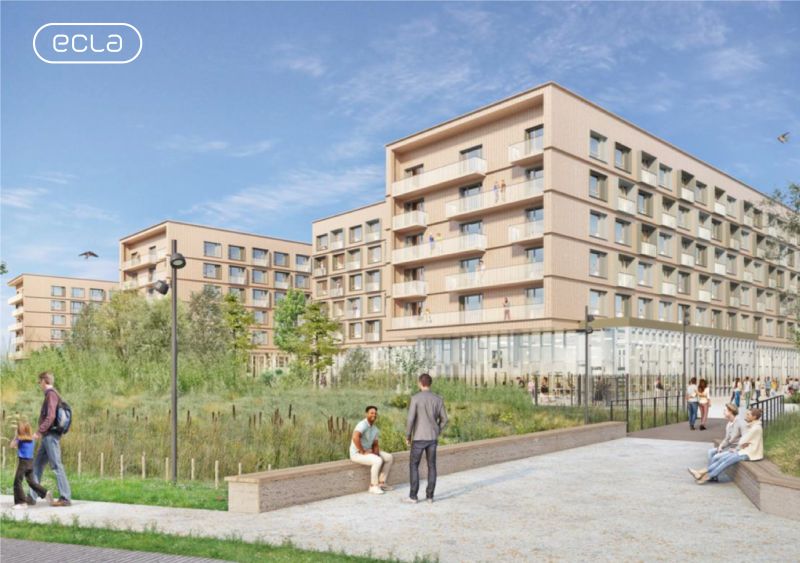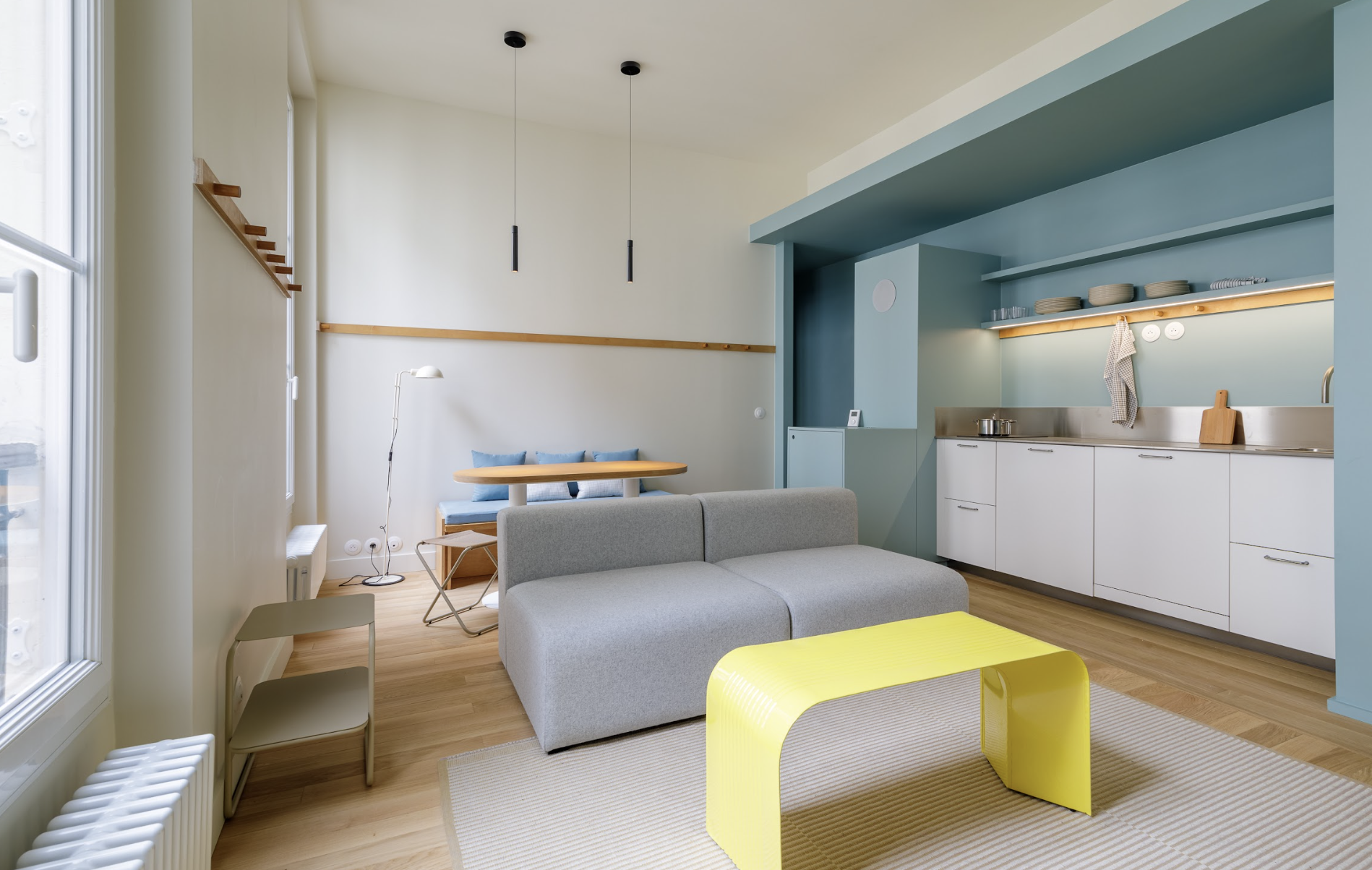France: Paris-based travel tech startup Smartrenting has announced that it is ceasing its property management service.
In a LinkedIn post, co-founder and CEO, Thibault Martin, said that the company’s assets would be sold “in the coming weeks”, and that the company as a legal entity would disappear.
At the top of the company’s website, it now says: “After eight years of revolutionising the world of travel, our adventure is coming to an end. We no longer manage apartments.”
Founded in 2016, Smartrenting sought to empower travellers by removing the housing hurdle, offering a real estate agency with an online platform for short-term rental and sublet for outbound travellers. The startup rented out apartments, taking care of logistics from images to check-in / checkout, cleaning and rent payments, in order to provide the easiest and safest way for owners and tenants to save money while renting out their apartment.
In particular, the agency targeted students who would be able to sublet their apartment during a prolonged absence over the summer while they were away from university or doing an internship abroad, all while being guaranteed 100 per cent of their rent by Smartrenting. Smartrenting would list vacant accommodation on peer-to-peer accommodation rental sites, while abiding by letting laws in Paris, where the company was based.
In his post, Martin thanked his co-founders Théo Vassoux and Romain Bernard, the 10,000 students, young professionals, intermittent workers in the entertainment industry and retirees who had sublet their apartments through Smartrenting, and the company’s 300+ employees. He also thanked the startup’s mentors, business angels, investors, incubators and partners.
Traditionally in Paris, an owner or tenant – with the prior agreement of their lessor – has been permitted to rent their primary residence for up to 120 days a year on OTAs such as Airbnb, Booking.com or Abritel [Expedia Group’s vacation rental brand in France]. If an owner or tenant were to break that law, they would be liable for a fine of up to 10,000 euros per calendar year that they had exceeded the limit of days rented.
In a number of specific cases, though, it has been possible for owners or tenants to rent out their primary residence beyond the 120-day threshold, including for a reason of “professional obligation”, a reason for “health reasons”, and a reason for “force majeure” [i.e. an act of God for which no party can be held accountable].
Last year, the city of Paris sued Smartrenting and a student who was deemed to be illegally exceeding the threshold, and demanded that each pay a fine of 20,000 euros for two years of exceeding the 120-day limit. However, the court eventually ruled in favour of the student and Smartrenting, under the ruling that “the pursuit of a course of study can also be assimilated to a professional reason, on the condition that it is part of a determined and limited duration”.
The historic move to to include the principle of the uncapping of the 120 days for professional mobility in case law was described by Martin as “a victory after years of evangelising subletting and promoting mobility”.
Whether the decision opens the door to a potential lifting of the 120-day renting limit is still to be seen, although it will remain illegal in Paris to rent out a residence for more nights than the number of days that the owner or tenant is absent for in a calendar year.
Paris is currently preparing to welcome visitors for the 2024 Summer Olympic and Paralympic Games, with Airbnb expecting up to half a million people to book via the platform in the run up to the Games.








